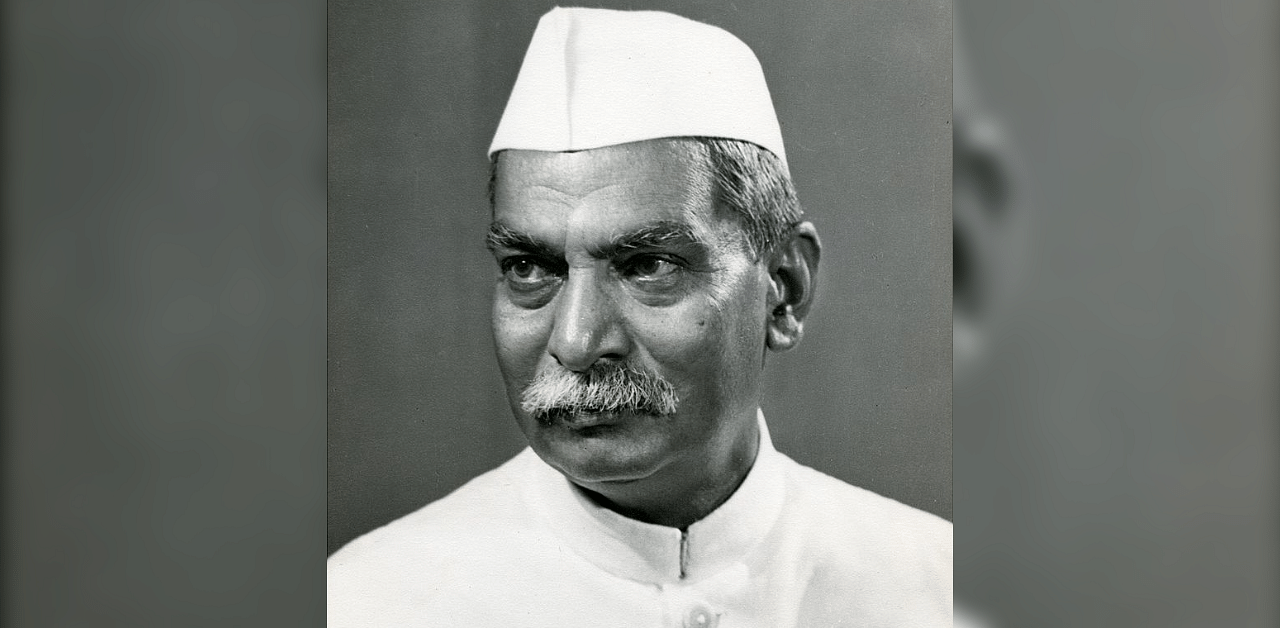
72 years back, the Constitution of India was reinstated, on January 26, binding the nation under it making it a republic. Every year, commemorating this as the Republic Day, the President of India speaks the nation. This speech holds great significance as the leader addresses the government's programmes and the state of the country.
Here is a look at what the Republic's first President, Rajendra Prasad, had to say in his speech.
Prasad, one of the great leaders of the independence movement and a member of the Constituent Assembly, became the first president of the nation on January 26, 1950.
His swearing-in was held in Rashtrapathi Bhavan. He took his oath and made his speech in Hindi.
In his address, he echoed the core principles of the Constitution while he marvelled at how the vast region of numerous kingdoms inhabiting diverse languages had come together under one Union, alienating individual sovereignties. He declared that the main objective of the Republic was to ensure justice, liberty, and equality for its "320 million people."
In January 1950, just over two years after India was declared Independent from the centuries of British rule, many people on the borders were displaced due to the Partition and one of the biggest exoduses that followed. Prasad considered the rehabilitation of the displaced as one of the key objectives of the Republic.
"Those who are handicapped in any way deserve special help. It is essential that in order to achieve this we must safeguard the freedom that is ours today," he said.
He also had observed that the future of the nation will continue to rely on its ability to plan and execute "eradication of disease, poverty, and ignorance."
In a different speech that day, Prasad imprinted the value of freedom and liberty of the citizens as the supreme achievement of the newly-formed Constitution. He termed the enabled freedom "invaluable" and said that as a country, India will uphold values of secularism.
"India has never prescribed or prosecuted opinion and faith," he said, "and our philosophy has a room as much for a devotee of a personal god, as for an agnostic or an atheist."
He declared that freedom of opinion and expression were inculcated into the Constitution because they were "our traditions."
Prasad also vowed that a free nation entering the world stage without "pride or prejudice" will strike in both domestic and international affairs and will be guided by none other than the Father of the Nation, Mahatma Gandhi, and his teachings on tolerance, understanding, nonviolence, and resistance to aggression.